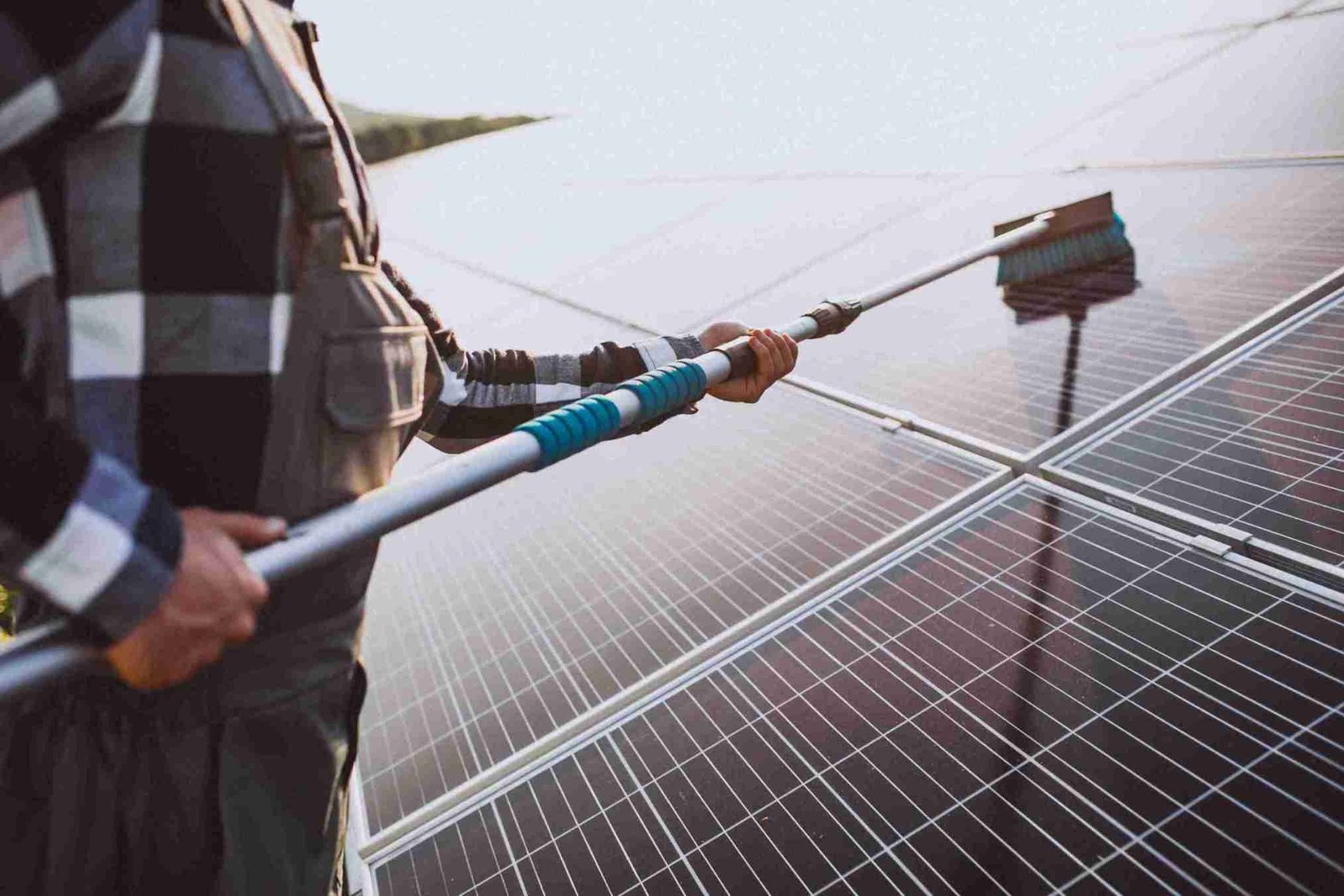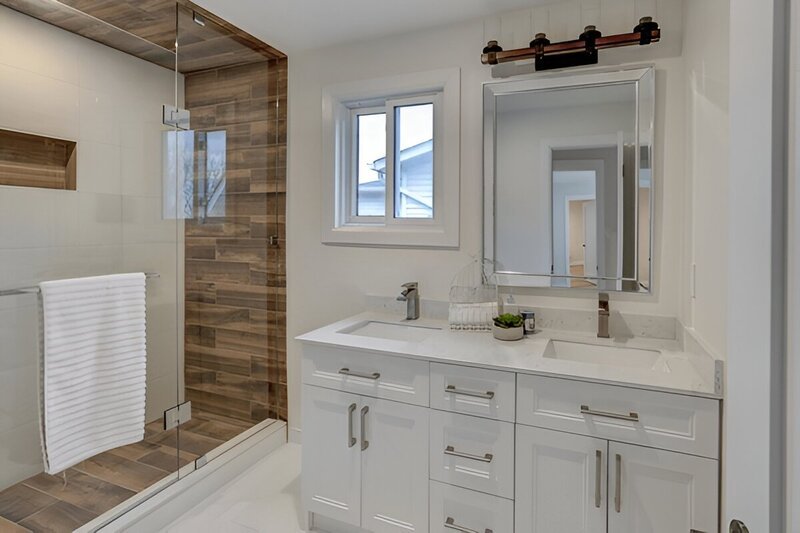Homeowners get ready to welcome the warmth and sunlight as summer arrives. But an unwanted surprise could be hiding in your mailbox—a sharp increase in your energy bill. Keeping your house cool during sweltering months depends on air conditioners (ACs), which may also become energy hogs when they malfunction. Your AC can be the cause if your electricity bill has jumped out of nowhere. Consulting experienced air conditioning contractors can help you address issues promptly and effectively. Knowing how to troubleshoot your AC before summer starts will help you save money, increase the lifetime of the unit, and guarantee a comfortable living environment.
Why Your Air Conditioner Affects Your Energy Bill
Summer household energy use includes a sizable fraction from air cooling. A well-kept AC system performs well and uses just the energy required to chill your house. But when anything goes wrong—a refrigerant leak, a clogged filter, a broken component—the system has to work harder to keep your intended temperature. This more work directly results in more energy use and, thus, more sharp utility bills.
Early recognition of possible problems and their resolution before summer temperatures spike helps to avoid a breakdown during the warmest months. Let’s look at typical AC issues and practical troubleshooting techniques.
Check and Replace the Air Filters
Among the most often occurring reasons of poor AC performance are dirty or blocked air filters. Filters guarantee fresh air in your house by catching dust, debris, and allergies. These particles gather over time, therefore limiting airflow and driving the system to work harder to keep the target temperature.
At least once a month during heavy use, check your air filter. Replace it either as advised by the manufacturer or every 30 to 60 days. If you have allergies or pets, you could want to upgrade to high-efficiency filters for greater system performance and air quality.
Inspect the thermostat
A broken thermostat could cause uneven temperatures and too high energy use. Older thermostats could find it difficult to keep exact temperature control, which would operate the AC more than required.
To be sure the thermostat settings satisfy your cooling demands, check them. If your thermostat is old or unresponsive, think about switching to a programmable or smart thermostat. These tools maximize energy efficiency by letting you remotely change settings and create cooling plans.
Clear Obstacles Around Outside Units
Expanding heat from your house depends critically on the external condenser device. Should it be surrounded by trash, plants, or other obstacles, ventilation is limited, therefore lowering the system’s efficiency and raising the energy use.
Examining the outdoor unit, clear any trash, grass, or leaves. Cut surrounding plants or shrubs to keep at least two feet of space between the unit. To guarantee best airflow, gently sweep the condenser fins with a soft brush or hose.
Examine Refrigerant Levels
The lifeblood of your AC system, refrigerant absorbs heat from your house and releases it outdoors. Often indicating a leak, low refrigerant levels decrease cooling efficiency and raise energy use.
See a licensed HVAC specialist to check and fix the system if you believe there may be a refrigerant problem. Following environmental rules calls for specific instruments and knowledge to handle refrigerant.
Look over the ductwork for leaks
Before it gets into your living areas, damaged or improperly sealed ducting might let cooled air escape. This drives your AC to operate more aggressively, therefore raising electricity prices and energy usage.
Look over your ducting visually for holes, cracks, or loose connections. Close little leaks using mastic sealant or duct tape. See an HVAC specialist for major damage to properly repair and insulate the ducts.
Track System Age and Performance
Older AC units are more likely to break down and typically have lower energy-efficiency. Should your system be more than 10 to 15 years old, it could find it difficult to satisfy cooling needs without running excessive energy consumption.
Purchasing a new, energy-efficient AC unit will help to drastically save energy expenses and guarantee dependability in cooling. Search for systems rated highly in Seasonal Energy Efficiency Ratio (SEER) for best performance.
Plan Expert Maintenance
Even if your AC seems to be functioning perfectly, without regular maintenance concealed flaws might become serious concerns. Expert inspections find possible issues before they compromise performance or need expensive repairs.
Before summer, have a trained HVAC expert do a complete tune-up. This covers verifying all components are in excellent operating order, refrigerant levels, coil cleaning, and tightening of electrical connections.
Maximize Consumption Practices
Your AC’s energy consumption may be much reduced with few changes in your usage. Using ceiling fans, keeping the thermostat at a reasonable temperature, and covering sunlight with drapes all help to lighten the burden on your air conditioner.
When you are away, set your thermostat to 78°F; when you are home, higher. Use fans to move cold air; steer clear of heat-generating items in the hottest portion of the day. These practices enable your air conditioner to run more effectively.
In Summary
Although a sudden increase in energy bills can be concerning, early AC troubleshooting will help you prevent more expenses and unpleasant warm days. Your AC will be working effectively and efficiently if you routinely check air filters, guarantee correct thermostat operation, maintain outdoor units, and plan professional AC maintenance services in Pearland. Not only can proactive care save money, but it also increases the lifetime of your system and offers peace of mind and a regularly cool house.
Let no ineffective AC ruin your summer. Now act to troubleshoot and maximize your air conditioning system before the heat rises. You will thank your wallet and your comfort.



